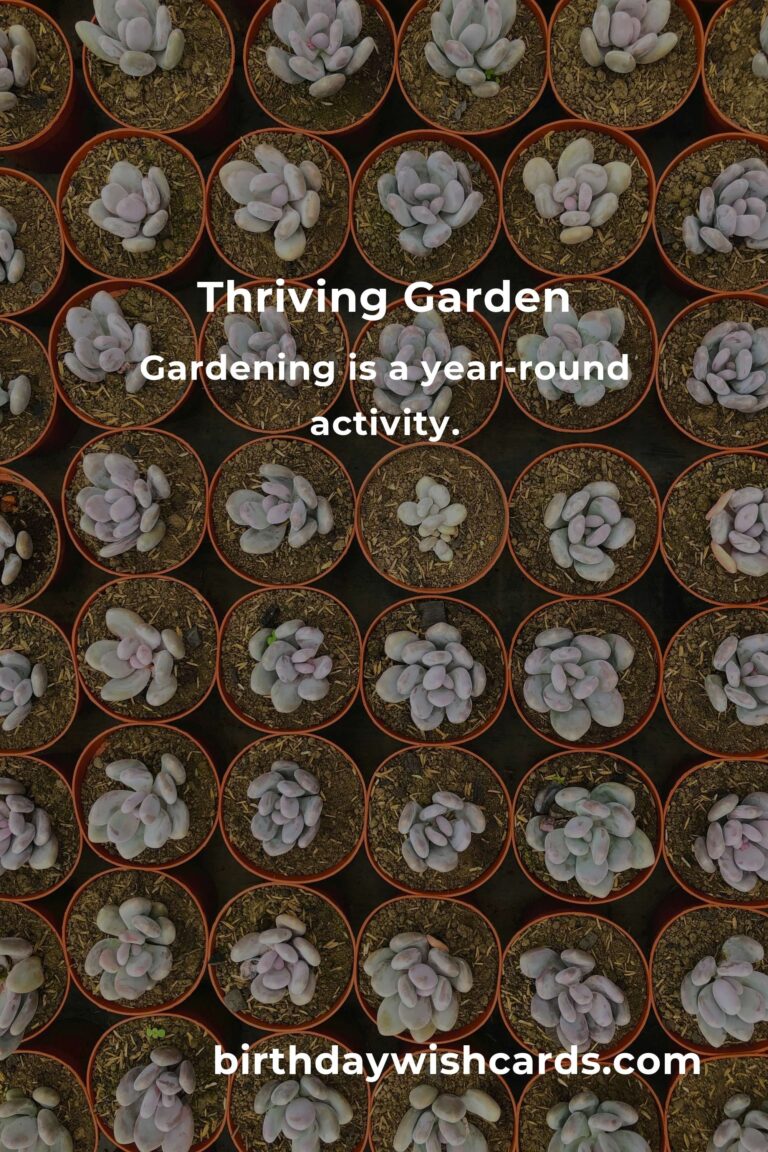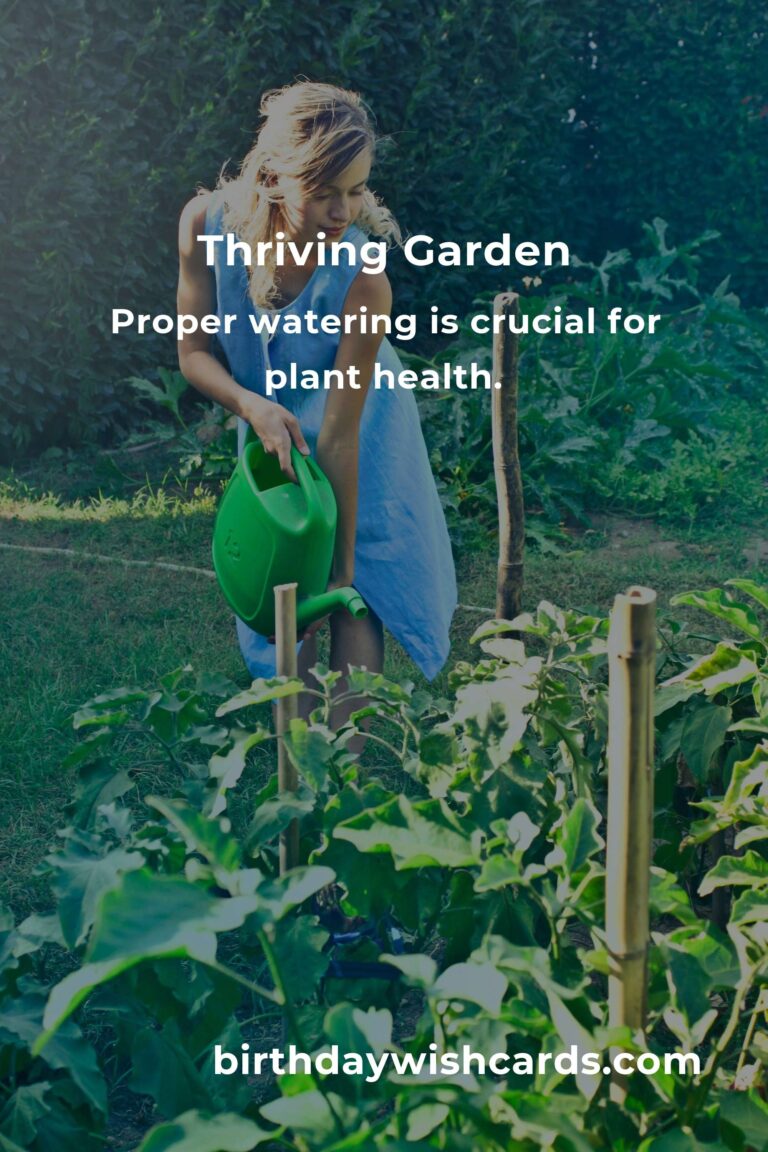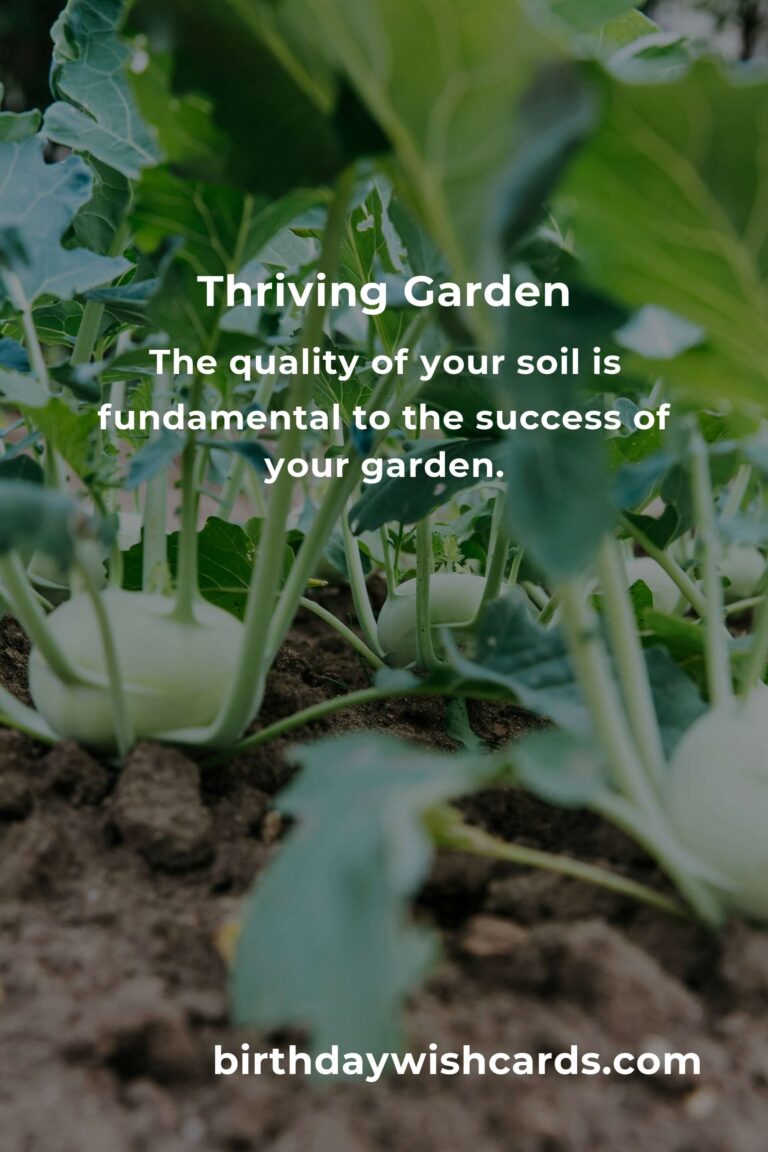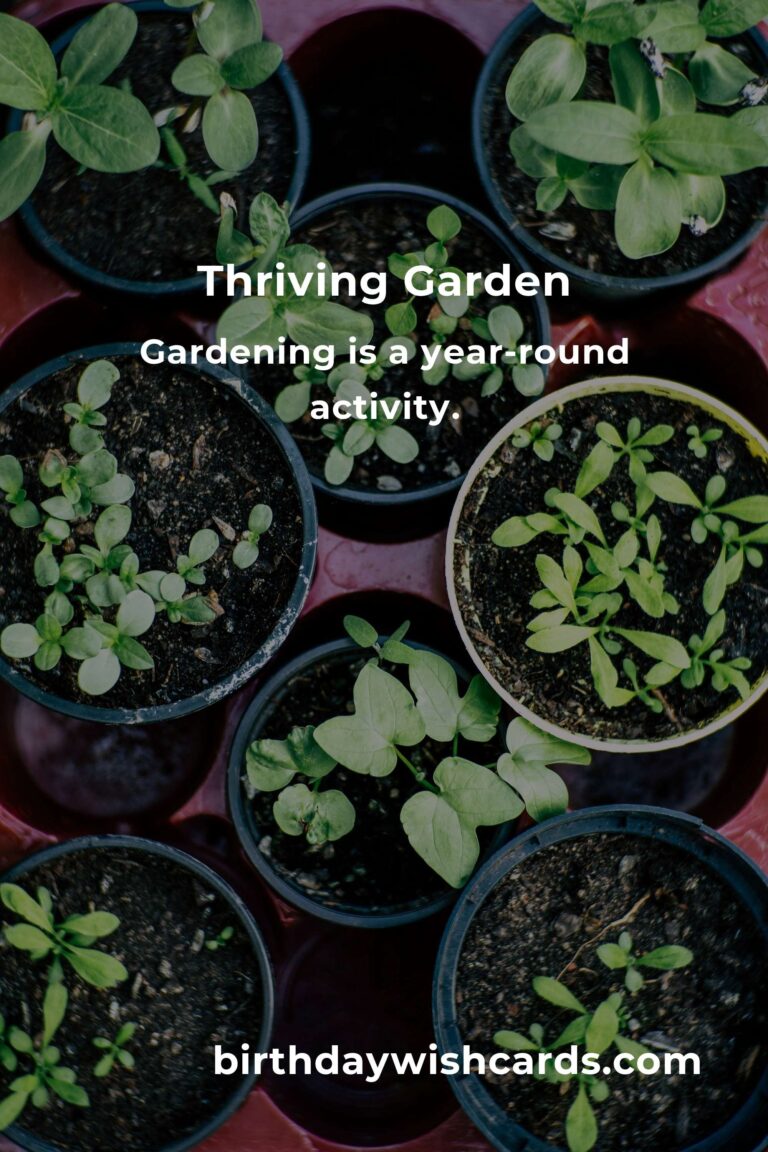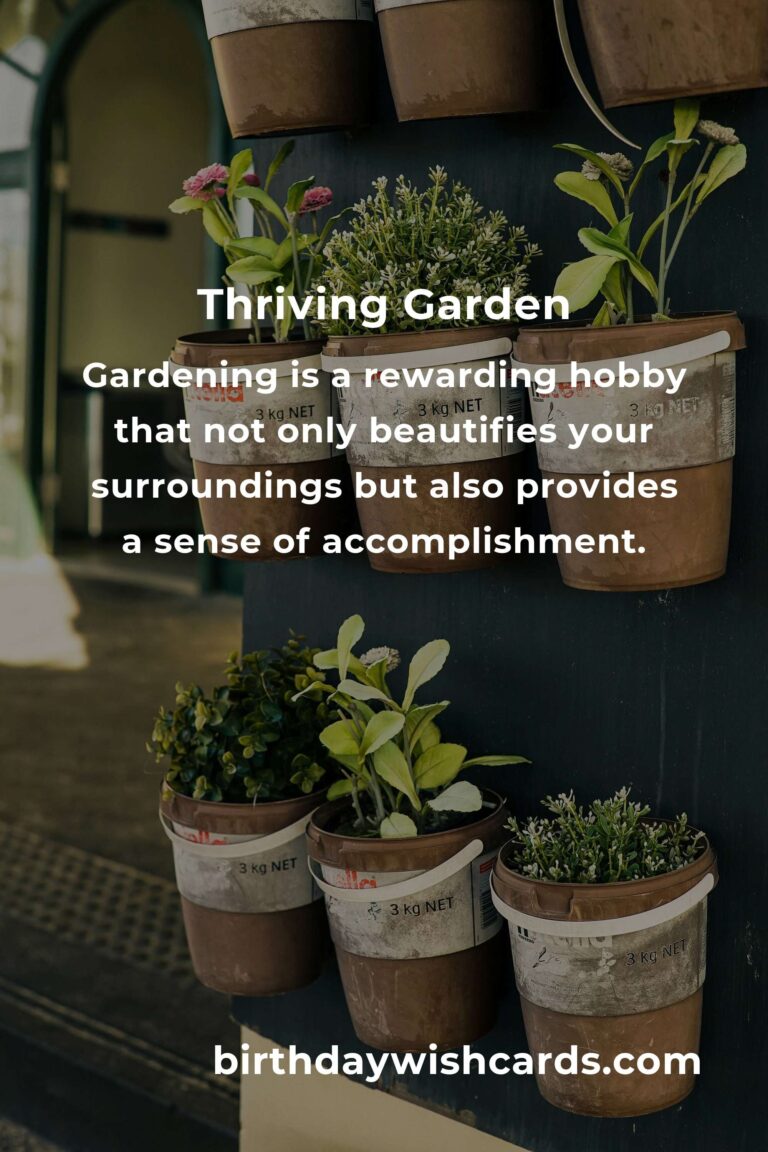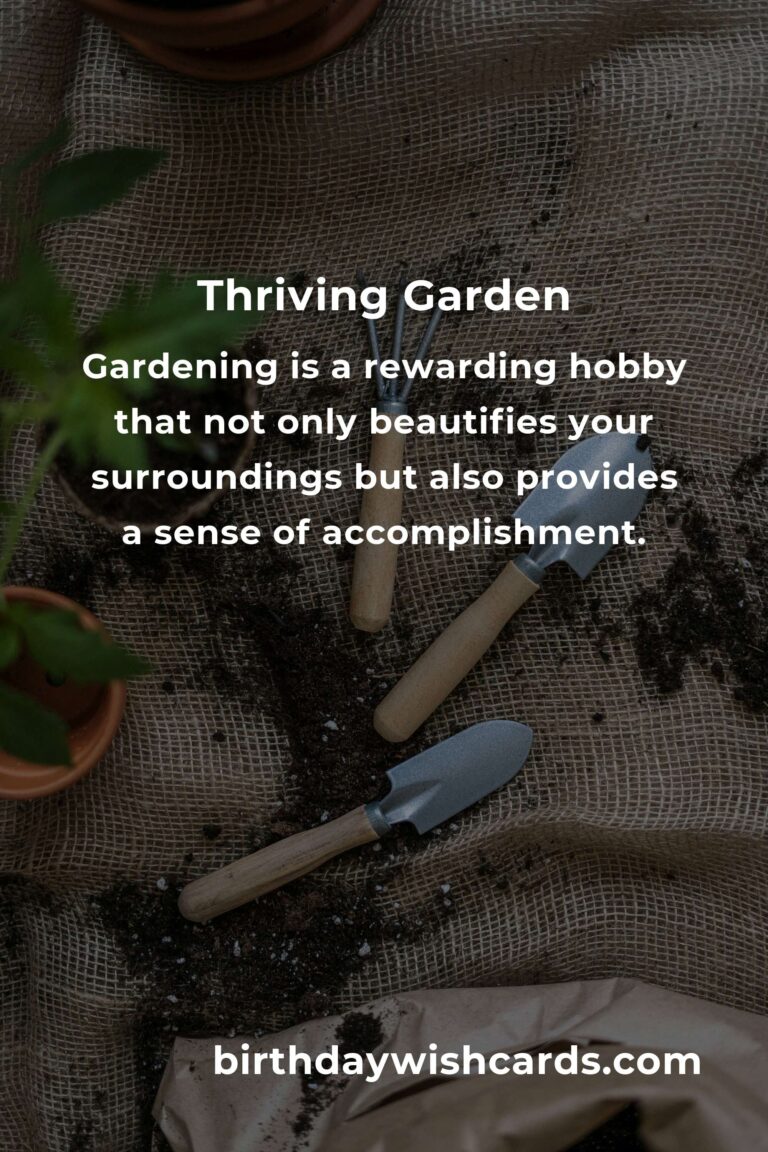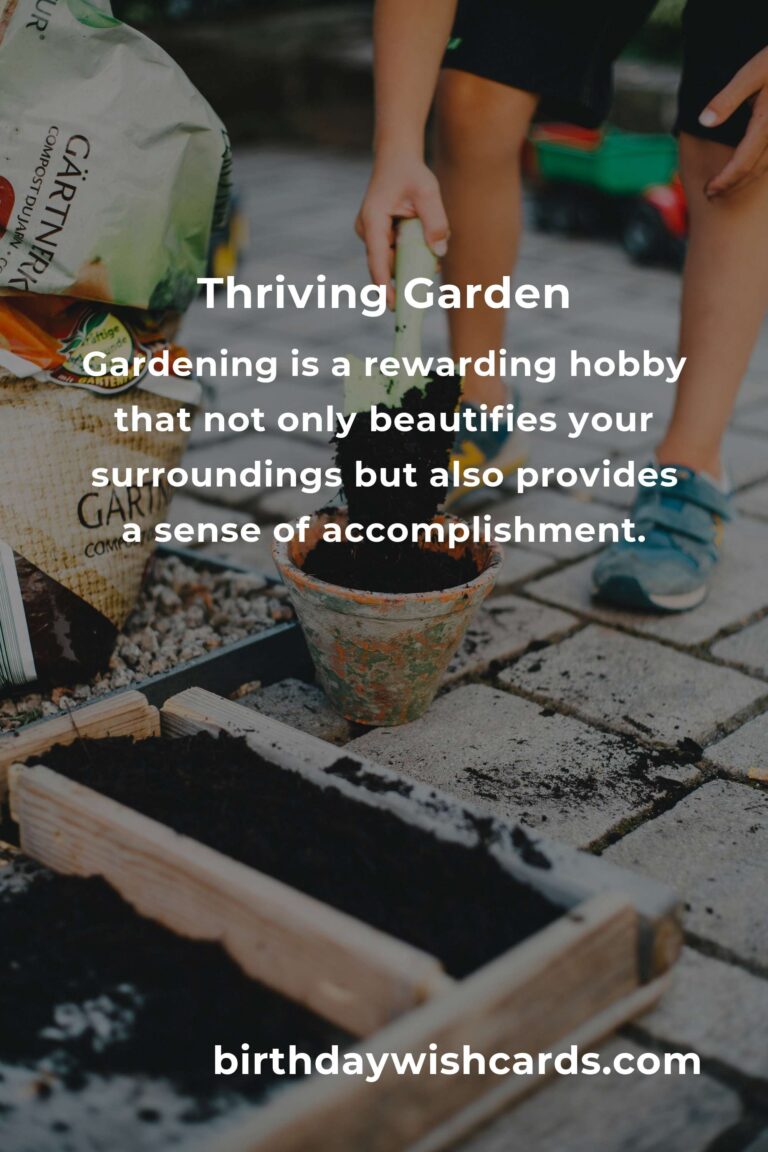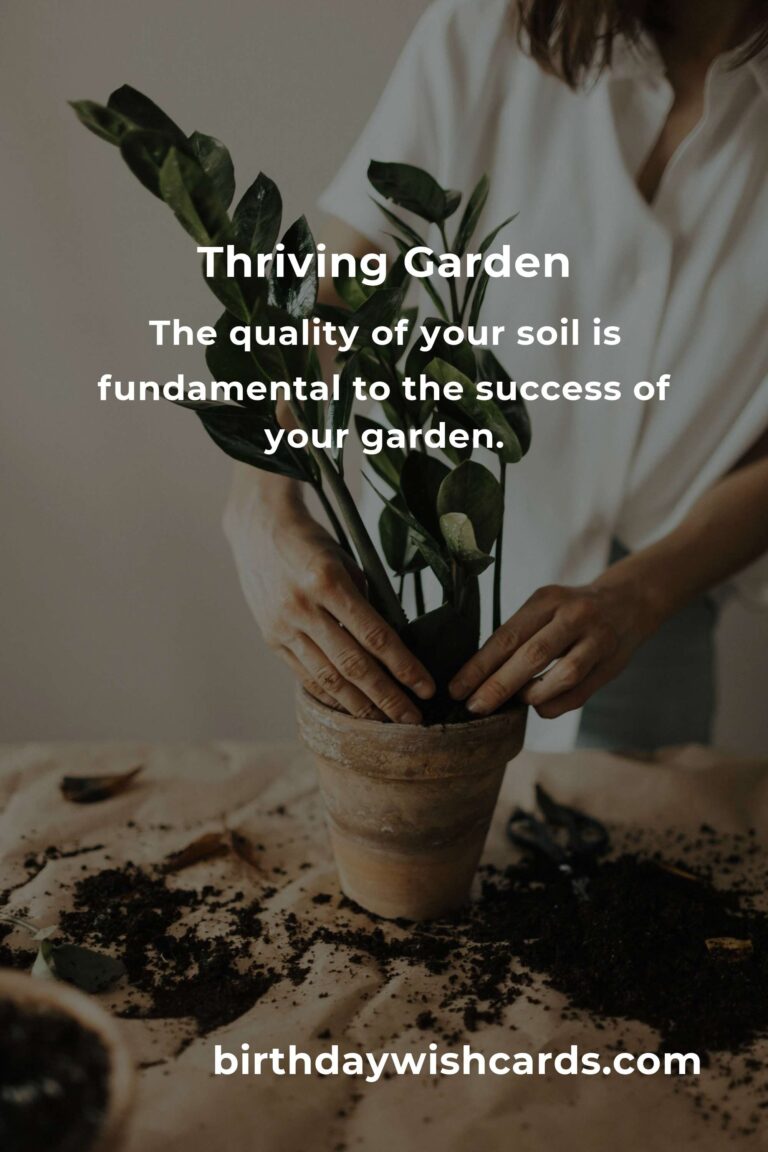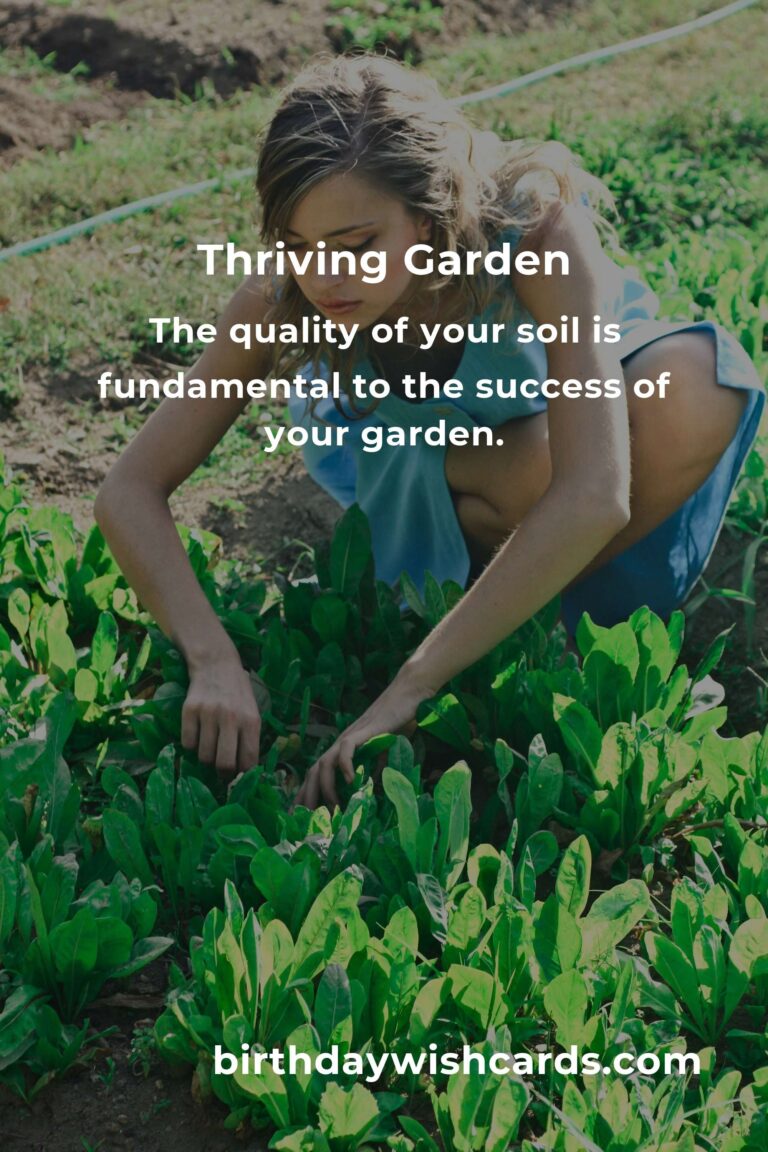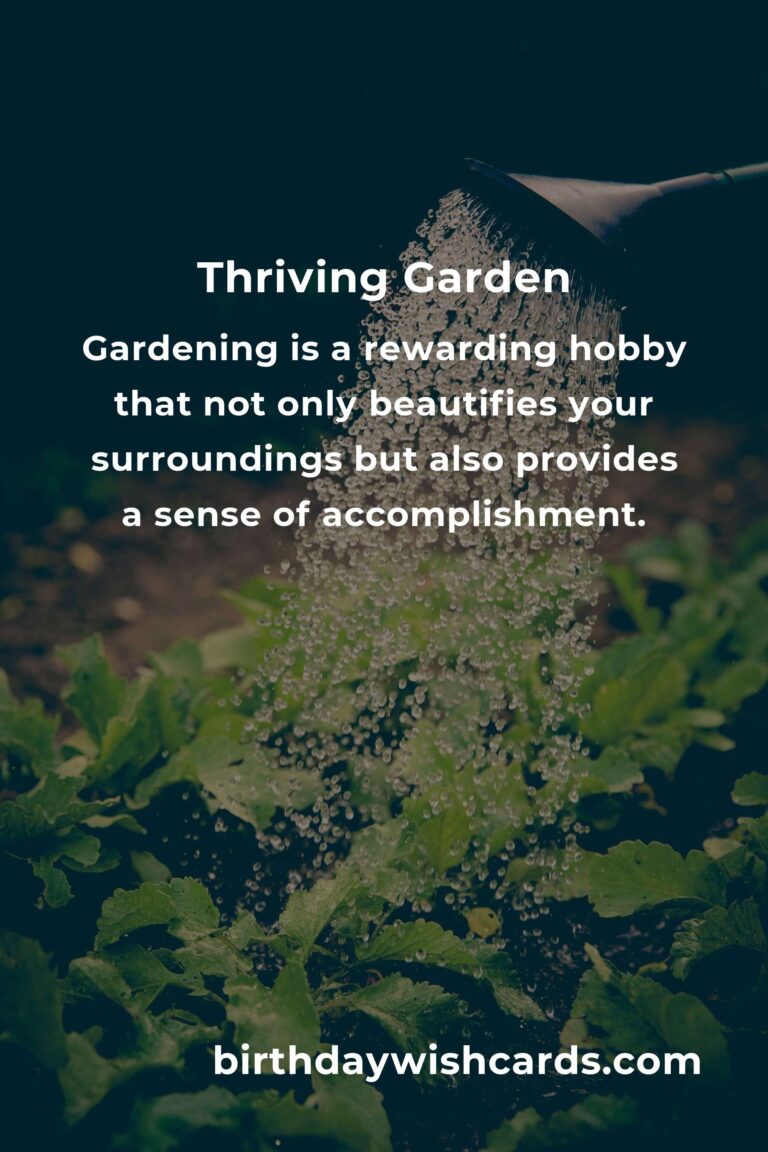
Gardening is a rewarding hobby that not only beautifies your surroundings but also provides a sense of accomplishment. This guide aims to provide you with essential gardening tips that will help you cultivate a thriving garden. Whether you are a beginner or an experienced gardener, these insights will enhance your gardening skills.
Understanding Your Gardening Zone
Before you start planting, it’s crucial to understand your gardening zone. The USDA Plant Hardiness Zone Map is a great resource to determine the climate conditions in your area. Knowing your zone helps you select plants that will thrive in your environment, ensuring a successful garden.
Soil Preparation: The Foundation of a Flourishing Garden
The quality of your soil is fundamental to the success of your garden. Begin by testing your soil to understand its pH level and nutrient content. Amend your soil with organic matter such as compost or manure to improve its fertility and structure. Well-prepared soil provides a robust foundation for plant growth.
Choosing the Right Plants
Selecting the right plants is essential for a thriving garden. Consider native plants, as they are adapted to your local climate and soil conditions. Additionally, choose plants with varying bloom times to ensure your garden has color and life throughout the growing season.
Watering Wisely
Proper watering is crucial for plant health. Most plants require about an inch of water per week. Use a soaker hose or drip irrigation system to water deeply and reduce evaporation. Water early in the morning to minimize disease risk and maximize soil absorption.
Pest and Disease Management
Keep your garden healthy by monitoring for pests and diseases. Encourage beneficial insects, like ladybugs and bees, that can help control pest populations. Use natural pest control methods whenever possible to maintain an eco-friendly garden.
Seasonal Maintenance
Gardening is a year-round activity. In spring, focus on planting and refreshing your garden. Summer requires vigilant watering and pest management. Fall is the time to clean up and prepare for winter. Winter is ideal for planning and preparing for the next growing season.
Companion Planting
Companion planting is a method that involves grouping plants together that can benefit each other. Some plants can deter pests, while others can enhance growth or flavor. For example, planting basil near tomatoes can improve flavor and deter pests.
Utilizing Mulch
Mulching is an effective way to conserve moisture, suppress weeds, and improve soil health. Apply a layer of organic mulch, such as shredded bark or straw, around your plants. This will also help regulate soil temperature and add organic matter as it breaks down.
Gardening Tools and Equipment
Invest in quality gardening tools and equipment that will last for years. Essential tools include a spade, hoe, rake, and pruners. Regularly maintain your tools to ensure they remain in good working condition.
Conclusion
Gardening is a journey of learning and experimenting. With these essential tips, you can create and maintain a beautiful and productive garden. Remember to enjoy the process and the peace that gardening brings to your life.
Gardening is a rewarding hobby that not only beautifies your surroundings but also provides a sense of accomplishment. Understanding your gardening zone helps you select plants that will thrive in your environment. The quality of your soil is fundamental to the success of your garden. Proper watering is crucial for plant health. Gardening is a year-round activity.
#Gardening #GardenTips #PlantCare #SoilPreparation #SustainableGardening


